It’s not that we haven’t kept up with the row over the Miley Cyrus photographs taken by Annie Leibovitz for Vanity Fair, which sexualize the teenage star, but I have to draw the line somewhere when it comes to news coverage.
There are quarters in fashion publishing which would deem these photographs appropriate and artistic, just as Leibovitz claimed, and we ourselves have featured teens in and even on the cover of Lucire, looking probably older than they really are.
But if a subject comes to me and tells me that she is embarrassed by a series of photographs, and for a cover decision she may well be in the know, then that’s good enough reason for me to have a meeting or a big office poll about it.
And that’s just what Cyrus, star of the beloved Hannah Montana series, has said of her half-naked bedroom shot.
In normal circumstances, this matter would be worked out privately between the Cyrus family and Vanity Fair’s publishers.
Which makes this all rather odd: has the crisis surrounding these images been manufactured? One commenter on a Murdoch Press website seems to think so and, knowing how cover decisions are made, especially those that are potentially controversial, I am seriously tempted to agree.
Reports suggest that Cyrus’s father, singer Billy Ray Cyrus, was present through most of the shoot.
What I do know is that the modelling agencies we would work with are protective of their talent and we agree on many aspects of the shoot prior to starting when it involves a young girl—and that means overt sexualization is out.
For once many of the press have taken a moral high ground and that is, at least, pleasing to see, even if I have questions on their consistency. The Fairfax Press noted:
Interestingly, the op-ed in the Fairfax Press touches on similar subjects to a blog comment that I wrote in discussion with William Shepherd, a marketing expert based in California—one of those smart netizens who reminds me of the days in the 1990s when most people on the ’net were of a certain intellectual level.
He wrote, on the topic of pornography in Brazil:
When I think about these words today, it’s not just the online media, as Vanity Fair and others have shown us.
I do, after all, see the irony of citing the Murdoch Press when it popularized the page-three girl and sensationalist stories founded in sex.
At the risk of offending fans of certain TV shows, I responded:
While sex is as woven in to Desperate Housewives as it was into Benny Hill, and those watching it at its late hour (past the watershed?) know what to expect, it gets an awful lot of publicity in TV promos with their share of suggestive imagery at other times. OK, it wasn’t the best example of a TV show (which I watched at one point), but the old Friends certainly was. I think it’s difficult to disagree that we have become too obsessed with sex in our society and those early seasons of Friends depended less on characterization and more on innuendo, not often that subtle.
At the idealistic level there is nothing wrong with this when it comes to showing behaviour between consenting adults—it’s less objectionable than seeing the extreme violence that has now made it on to prime-time television—but we now face the danger of it going further and further into promoting promiscuity among the young. Expand sex’s reach, and you arouse greater curiosity in our youngest citizens at an earlier age. It’s like lowering the drinking age to 18, as had happened in New Zealand: now it’s not 17-year-olds sneaking in three years before they are legal, but 14-year-olds with fake IDs.
That curiosity around sex has always been there with those who are 11 or 12, as any of you reading this will know, but the signals are telling us that as adults we need to give more guidance, and we need to take a stand against marketing that encourages sex at a time when mentally, young people are not prepared for the consequences.
And it was interesting to read that I am not alone in my assessment; in fact mine seems ill-educated alongside that of an author who has devoted a book to the subject. Fairfax again:
As long as we sit back, tut-tut when the items make the news but fall back on not caring at other times, then we have lost yet another value. Add that to a huge list in the west—and the east—since the end of World War II.
If certain institutions are being so aggressive as Liebau writes, then adults need to be as aggressive. ‘Benign dictatorship’, in the words of Carr-Gregg, probably describes the families many of us had—and we turned out all right.
It was a sort-of democracy in my household because my parents involved me in every family-affecting major decision and I earned their trust so I never had a curfew. But that was earned—and I was probably lucky I had a good conscience or spirit guide, or something directing me.
Not everyone is so fortunate, and in this day and age, it’s not a bad idea to be strongly involved in our children’s lives because that moral compass no longer comes from those cohesive, homogeneous communities of old, nor does it come from the media, at least not regularly or consistently. We, the regular people, are the last and possibly only resort in our respective families.

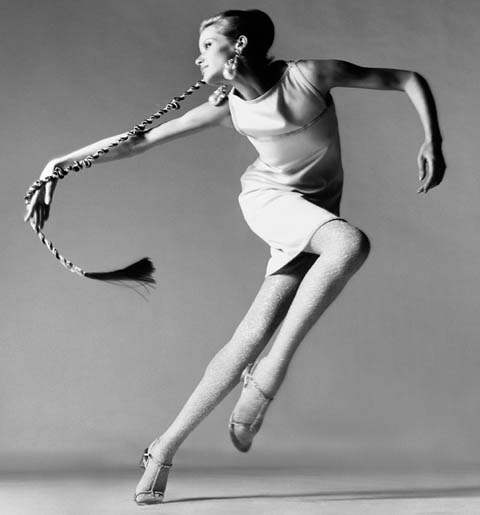
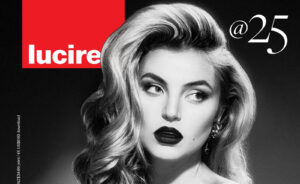
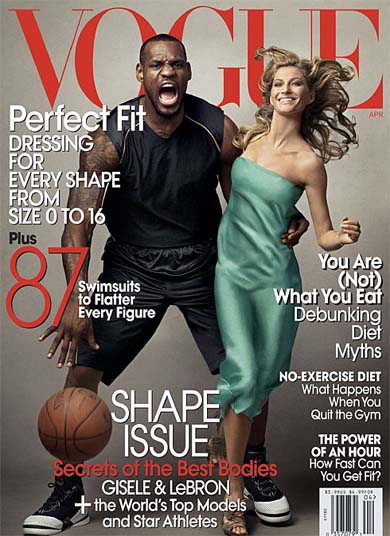
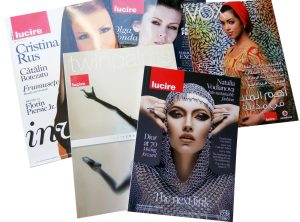
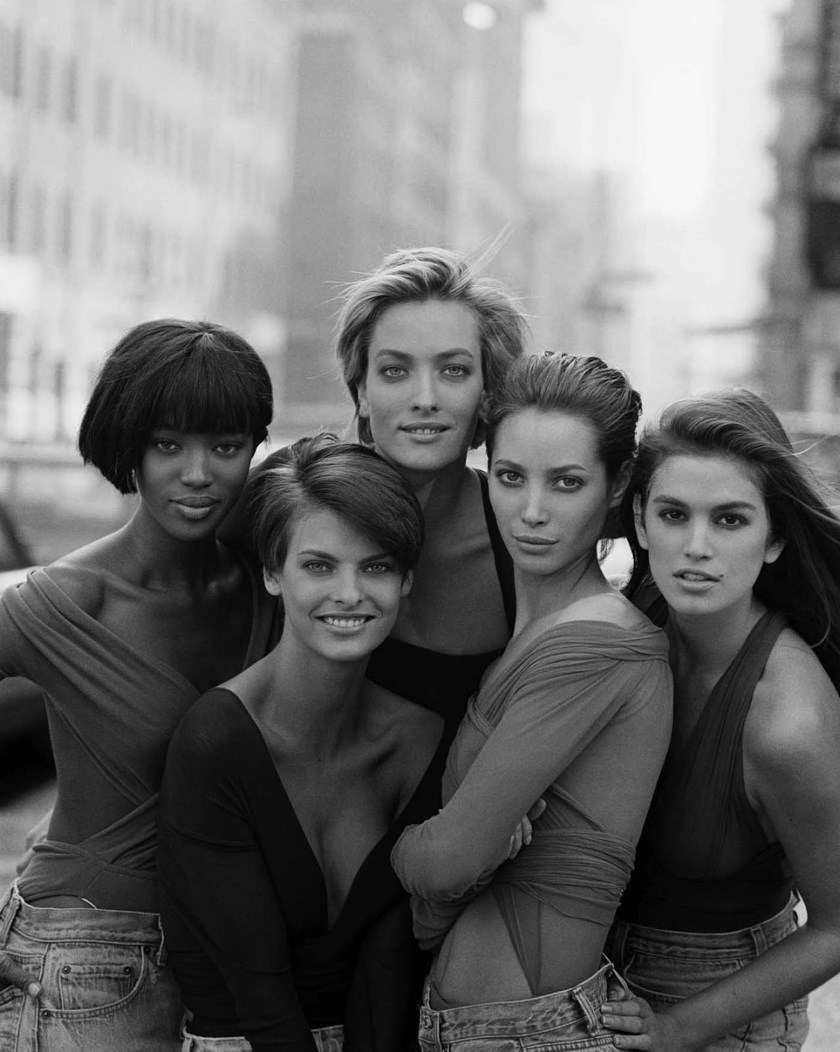
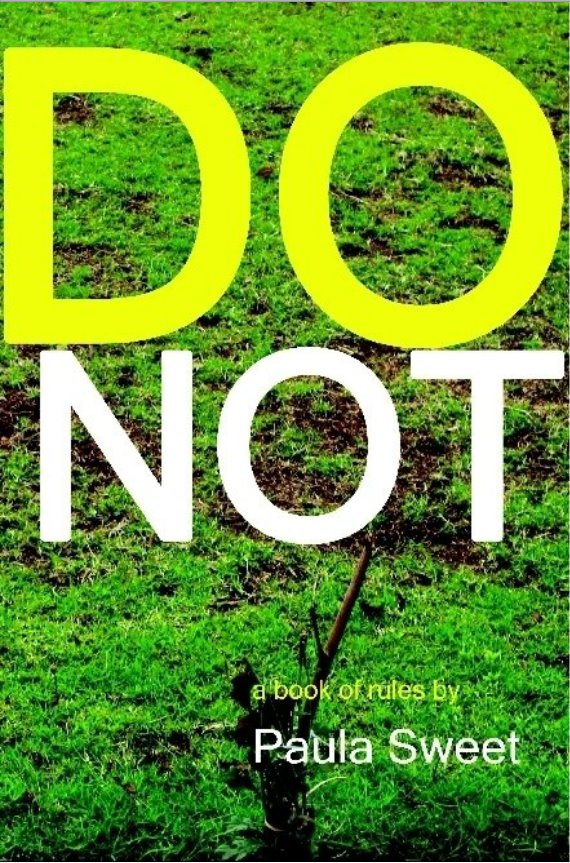
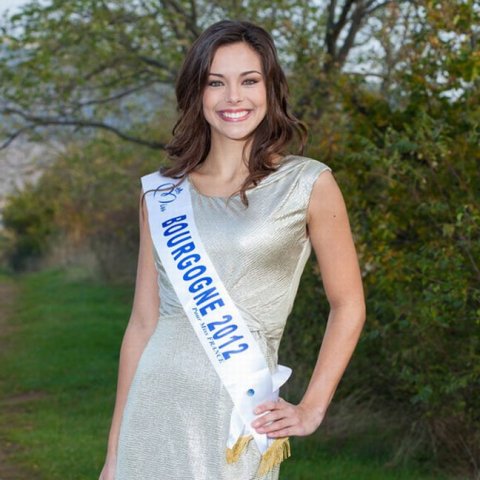

sex is not cool
I think this is just an example of a poor marketing concept, and one in which Billy Ray should have stepped in and advised his daughter to be a little more cautious with how she was presenting herself to the media. A little fatherly intervention might have helped avoid this entire situation.